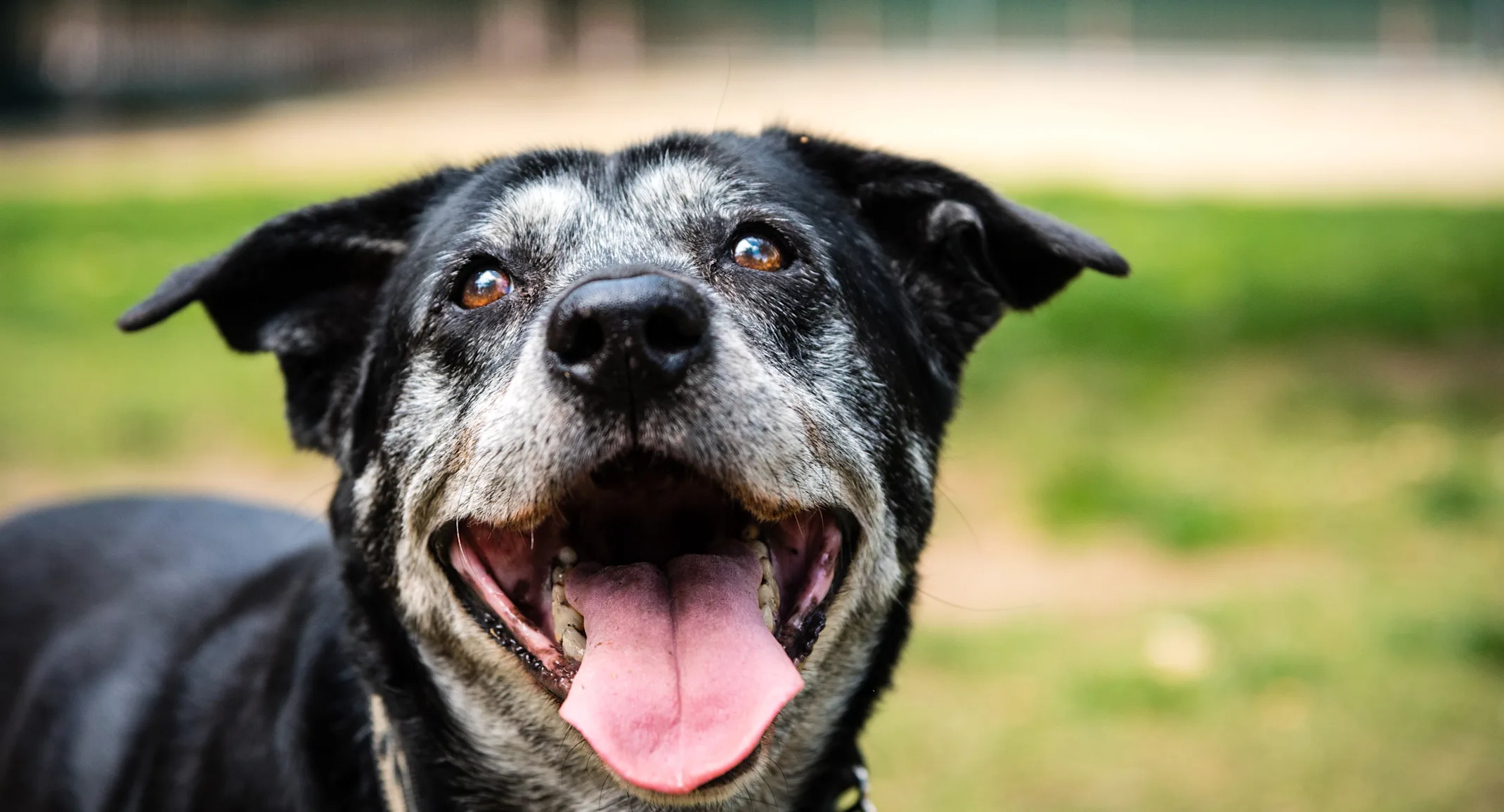Rabies is Real
Pet Health

In honour of World Rabies Day, this is a blog post about the rabies virus and rabies prevention. Since 2015, 300 animals have tested positive for rabies in Hamilton. Rabies is 100% preventable with vaccination. The information below is provided by Hamilton Public Health and the Ontario government in their initiative to educate the public about rabies and the importance of vaccination.
What is rabies and how is it transmitted?
Rabies is a virus that affects the central nervous system. It is transmitted through saliva, often from one infected mammal biting another mammal. Rabies can also be transmitted if your pet comes into contact with brain or spinal tissue from an infected animal. This infected animal can be dead or alive. If any of these fluids or tissues come into contact with an open wound, break in the skin, eyes or mucous membranes such as the mouth or nose, your pet is at risk for contracting rabies. Depending on the level of exposure, most affected pets will begin to show signs of the disease within 2 to 12 weeks of being exposed to the virus. In some animals, signs of rabies can take several months to appear. Once symptoms appear, the infected animal will die within 7-10 days.
Rabies Symptoms in Cats and Dogs
behaviour change, either:
more quiet or depressed
unusually friendly when normally timid
more aggressive toward people, animals, objects, even its own body
loss of appetite or difficulty eating or drinking
barking or meowing differently
drooling excessively
biting the site of the wound where the animal was exposed to rabies
overreacting to touch, sound or light
staggering or falling
becoming partially or completely paralyzed (unable to move)
Source: https://www.ontario.ca/page/rabies-pets
Infection period
Rabies can be transmitted up to 10 days before your pet displays signs of infection; this is why veterinary staff will ask if your pet has bitten anyone and broken skin within the last 10 days as part of our appointments during routine intake questions.
My dog has been vaccinated before and I have concerns about “over-vaccination.” Does my pet still require a rabies vaccine? Are titres available?
A common question! Yes, all cats, dogs and ferrets in Ontario over the age of 12 weeks must be vaccinated for rabies by law regardless of previous vaccination status, unless otherwise determined by a veterinarian. By law, only a veterinarian can inject the vaccine. The type of rabies vaccine used at Beattie Pet Hospital hospitals is a “killed” virus, meaning that your dog or cat cannot contract rabies from the vaccine. The rabies vaccines we use have been extensively tested in clinical trials and have been shown to have limited adverse effects in a small number of pets. Adverse effects are similar to other vaccines: pain at the injection site, vomiting, diarrhea and/or lethargy.
According to the Canadian Veterinary Medical Association (CVMA), there is limited evidence that titres, blood tests that measure the level of an antibodies against a particular virus, prove immunity. While some veterinarians correlate high titre results with low disease exposure risk for some vaccines, rabies titres are fairly unreliable for immunization status in dogs and cats.
In general, the vaccine is very well-tolerated, and if there are concerns about safety please discuss them with one of our veterinarians.
Why is the vaccine the same size for a Chihuahua and a Great Dane?
The vaccine is formulated based on the amount of killed virus required to activate an appropriate immune response and trigger the creation of antibodies against rabies. The “size” of an immune system does not vary based on the size of the dog, so what may look like a “large” vaccine for your Chihuahua is actually appropriate in terms of his protection against rabies. Veterinarians will often offer to “split” vaccines for smaller pets: giving the rabies vaccine separately on another visit apart from other core vaccines.
What to do if you or your pets come into contact with an animal that may have rabies:
If your dog or cat has been bitten or scratched:
Contact your veterinarian to examine the bite or scratch, and follow-up with possible quarantine protocols
If you have been bitten or scratched:
As per Hamilton Public Health, if you have been bitten or exposed to a potential rabid animal:
Call your doctor and schedule an appointment to have them examine the animal bite or scratch
Report potential exposures due to animal bites or scratches to public health by calling 905-546-2489. Wash wounds with soap and water and seek medical attention
If you believe you were in contact with a sick raccoon, or if you see other sick raccoons, skunks or other wildlife report it to the City of Hamilton at 905-546-2489.
While the current risk to the public remains low, this is due to vaccination protocols, education and awareness. Since 1989, the number of rabies cases has decreased by 99% according to the Ontario government, which tracks all reported cases of rabies.
